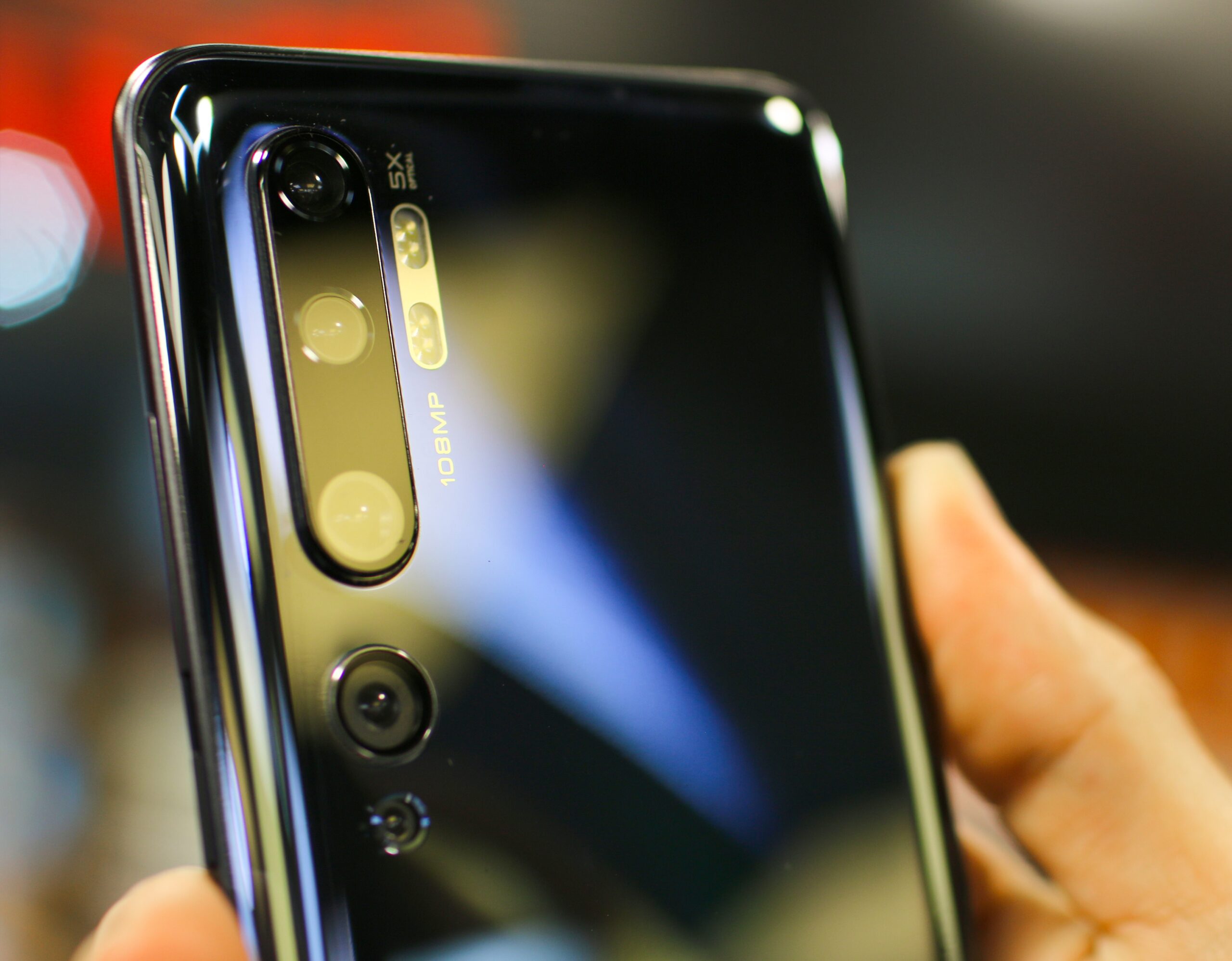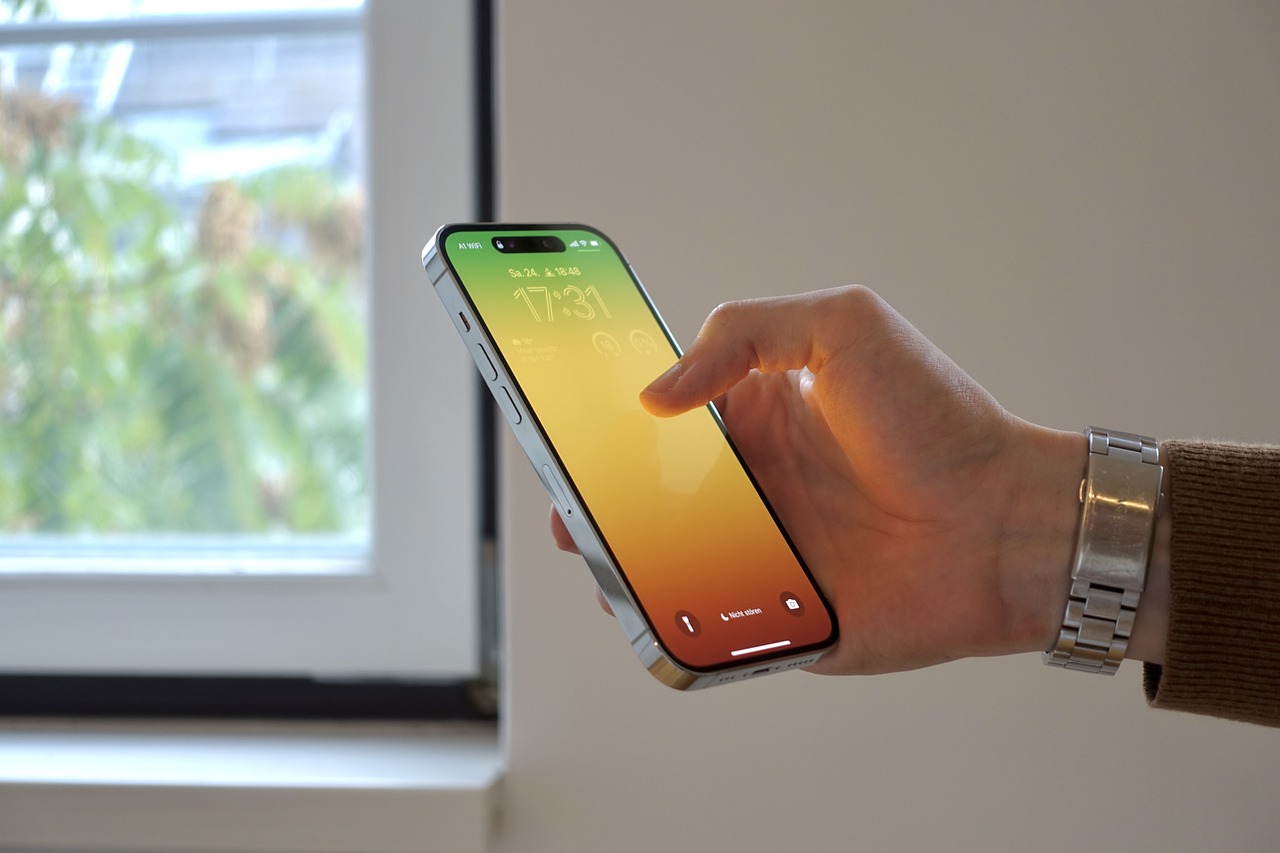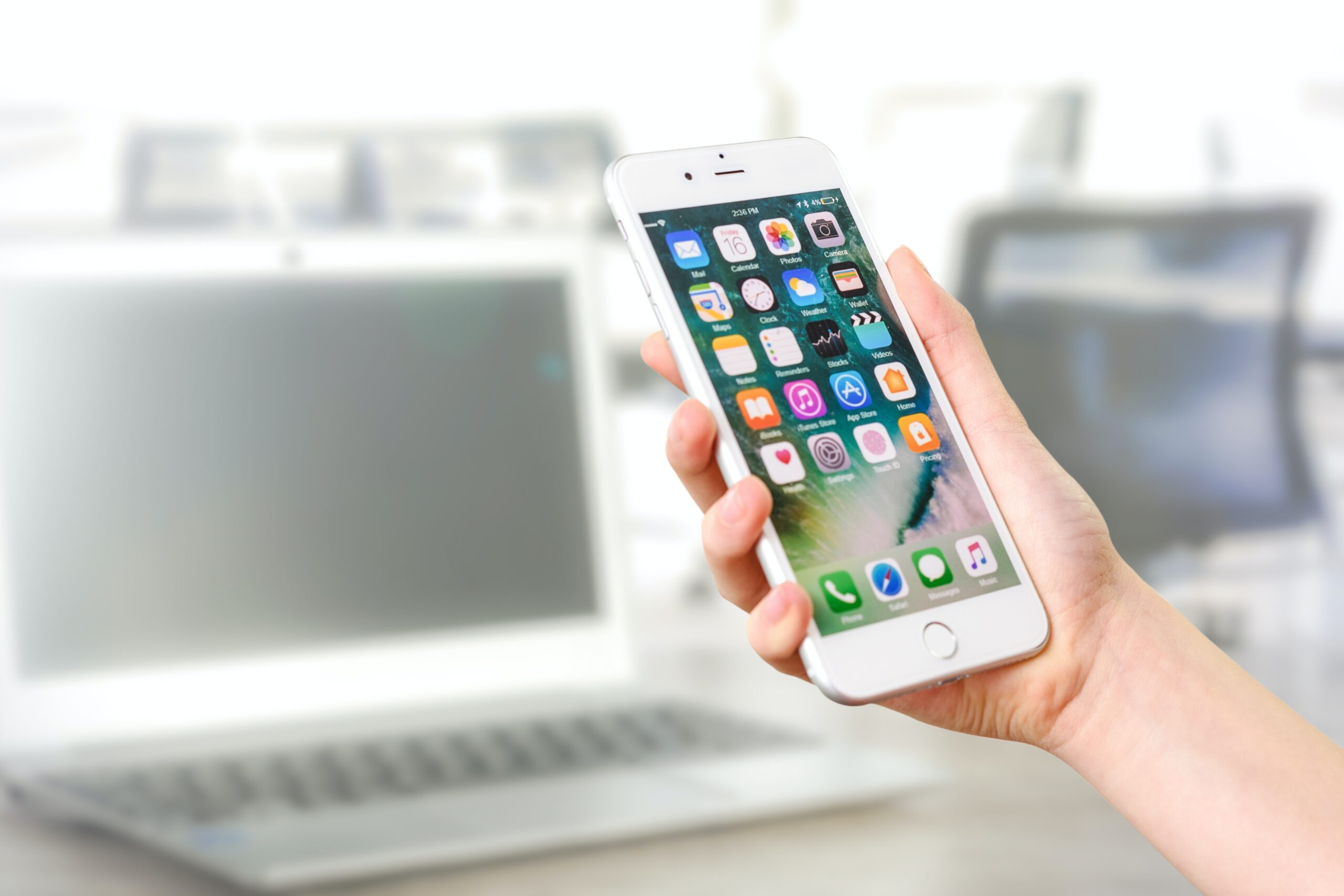Understand what Nomophobia is and how to treat it. Discover what cell phone addiction can cause in an individual.
Do you feel anxious or unhappy without your cell phone? Well, you should know that this is called nomophobia. This pathology has been the subject of several studies over the last decade, although it is not considered a disorder in the latest edition of the Diagnostic and Statistical Manual of Mental Disorders (DSM-5), it constitutes an international reference.
In the book “Nomophobia and Technological Dependence of Students” (2020), Education and New Technologies guru Cleber Bianchessi states that nomophobia arises from the combination of no-mobile (without a cell phone, in English), with the word Phobos (from the Greek “phobia” or “fear”). Continue reading and learn more about the condition.

Nomophobia causes physical symptoms
“People with nomophobia, when feeling disconnected from technology, may experience physical symptoms such as anxiety, tremors, shortness of breath, and sweating,” Bianchessi states in the book. In addition, those affected may experience dizziness and even panic attacks.
According to a 2019 study published in the Journal of Family Medicine and Primary Care, the term nomophobia dates back to 2008, when a UK survey found that around half of mobile phone users felt some level of anxiety when they lost their device. The findings were reinforced by studies carried out in subsequent years.
For example, in 2017, a survey of 145 first-year medical students in Pune, India, estimated that about 601 TP3T had “moderate nomophobia” and 22.11 TP3T suffered from “severe nomophobia.” A year later, a study of 968 people in the city of Granada, Spain, established a link between nomophobia and personality. In 2022, research led by a team from Bartin University in Turkey sought to expand the existing literature by assessing the relationship between this phobia and four factors: emotional intelligence, interpersonal problem-solving, perceived stress, and self-esteem.
The team recruited 543 college volunteers to complete an online survey. The results showed that as individuals improved their interpersonal problem-solving skills, nomophobia decreased. “As emotional intelligence develops, students’ interpersonal problem-solving skills improve,” the researchers wrote. In addition, developing emotional intelligence reduces the level of perceived stress.
Causes of the disorder and how to deal with it
As mentioned, this phobia is not included in the DSM-5, but this manual does include the following: Diagnostic criteria for “specific phobia,” defined as: “a pronounced fear or dread of a specific object or situation.” Therefore, according to the IFLScience website, the possible symptoms of the phobia reflect those that are also familiar to patients with other phobias. Anxiety at the idea of not having a device or even physical symptoms.
Leihge Roselle, a health psychology specialist and doctoral student in education at the Federal University of Mato Grosso (UFMT), said in an interview with Rádio Camara that, for some people, “the cell phone is now like an extension of life”. For the specialist, in this space, we develop relationships, experience things that are not very pleasant and also experience situations that can disrupt our psychological functioning, such as cyberbullying and rejection.
Among psychologists, there is no consensus on whether genetic factors are as important for nomophobia as they are for other chemical dependencies. Some studies indicate that such factors exist, but they are not decisive. “Studies have linked impulsive traits and low self-esteem to cell phone addiction. So we are back to a multifactorial combination of social factors,” says Roselle. Measures to treat nomophobia include thinking about risk reduction actions and the use of self-regulation devices, such as time limits of use. Ultimately, medication may be necessary, combined with psychological treatment and therapy.



